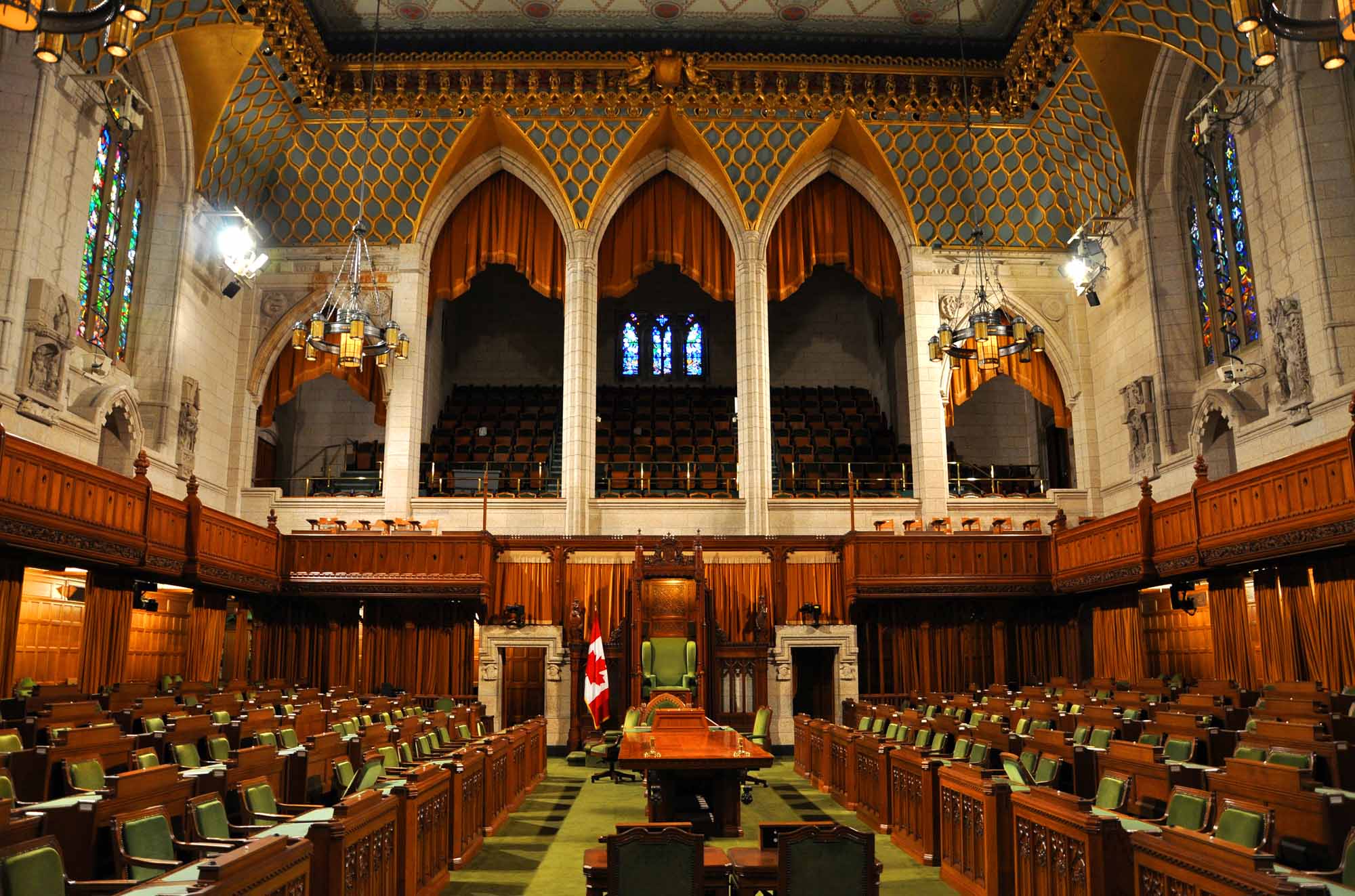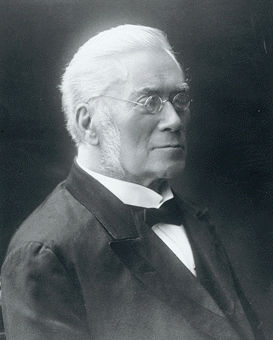Article
House of Commons
The House of Commons is the centre of political power in Canada. The prime minister and his or her Cabinet receive their authority through the confidence of the House. It is an institution steeped in tradition and history. In recent years, Question Period has been televised, opening the political process to Canadians. Much of what the public sees is the rancorous debate and partisan bickering among political parties but the House of Commons is also where most government legislation is introduced, and where Members of Parliament meet to debate policy, vote on key legislation, and hold the government to account.










